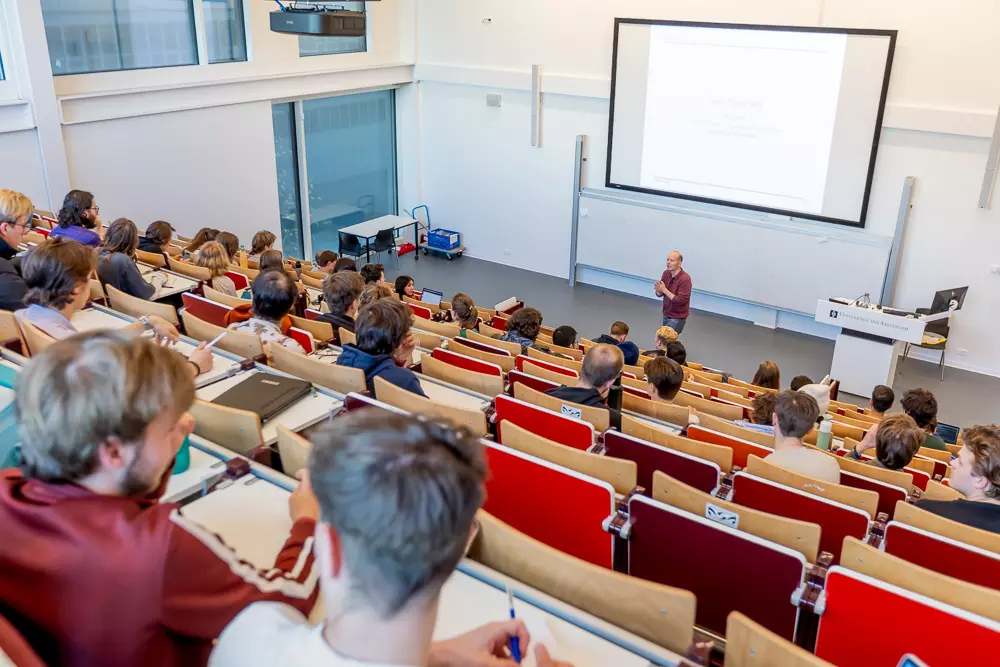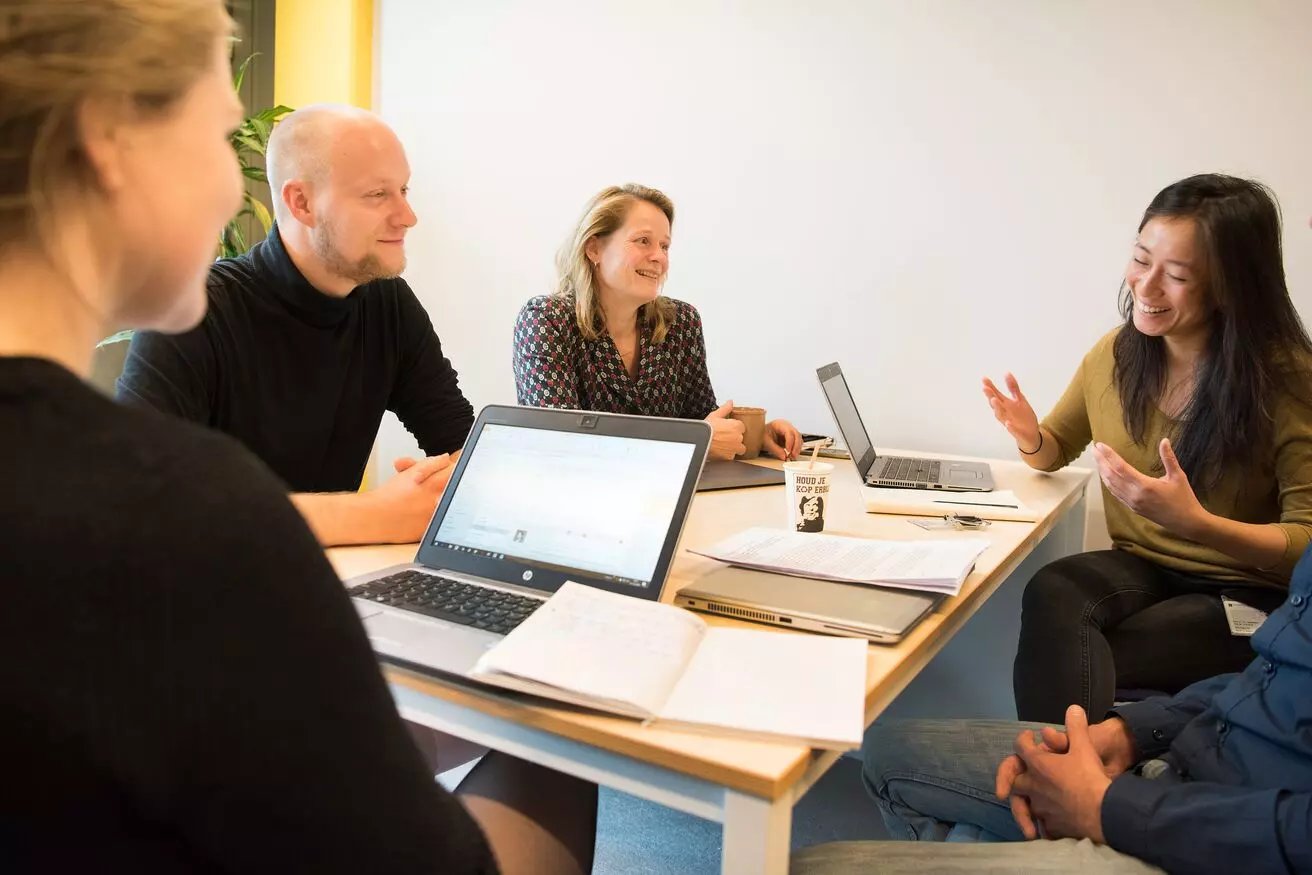Not found

More vacancies

Junior Lecturer Artificial Intelligence (MSc AI)
- Faculty of Science
- €3.378 - €5.331
- Closes on01-08-2025
- Master's
- 38 hours
Are you interested in making a valuable contribution to the education of students in our Master of Artificial Intellingence program? Do you want to be part of a program that has been renowned for years for its high quality and intensive approach to teaching artificial intelligence? Then apply now for the position of Junior Lecturer in our Master of Artificial Intelligence program!
View vacancy
.jpg)
Post-doc: Instruments for an Integral Assessment Framework for Future Pandemics
- Faculty of Social and Behavioural Sciences
- €4.537 - €6.209
- Closes on27-07-2025
- PhD
- Maximum 38 hours
The Amsterdam School of Communication Research (ASCoR) seeks to hire an ambitious post-doc researcher who is interested in participating in a pandemic preparedness project. This position is focused on research into integrated decision-making on government regulations during a pandemic, considering mental health, and social, economic and societal effects.
View vacancy

PhD Candidate in Cell Biology and Microscopy
- Faculty of Science
- €2.901 - €3.707
- Closes on17-08-2025
- Master's
- 38 hours
Are you fascinated by the molecular interactions that drive cellular processes and functions? Are you excited about using advanced microscopy methods and fluorescent probes to study cellular signalling? Then this may be the right job for you!
View vacancy
This website uses cookies
We, and third parties, use cookies on our website. We use cookies to ensure that our website functions properly, to store your preferences, to gain insight into visitor behavior, but also for marketing and social media purposes (showing personalized advertisements). By clicking 'Accept', you agree to the use of all cookies. In our Cookie Statement. you can read more about the cookies we use and save or change your preferences. By clicking 'Refuse' you only agree to the use of functional cookies.
